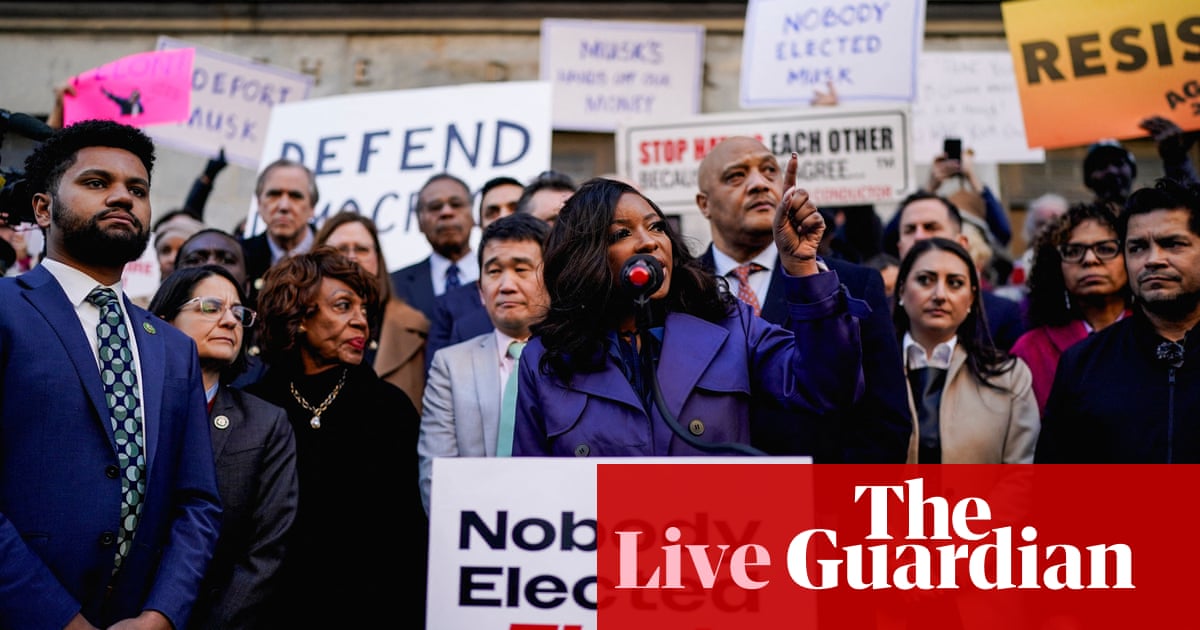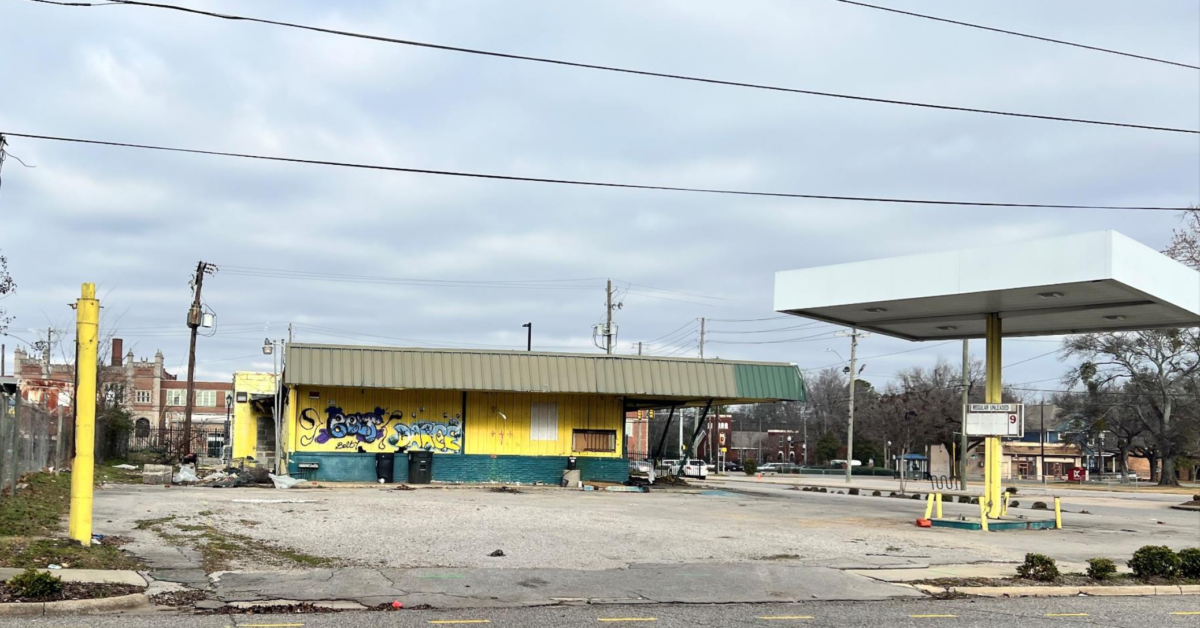
“I would recognise those footsteps anywhere. I knew it was you even before I saw you!”
Making a mental note to soften my footfall, I extend my hand into hers.
“How are you?”
Her eyes turn moist, her expression both resolute and resigned.
Over a decade ago at the peak of her career, she was diagnosed with cancer. She survived but suffered a lifelong complication induced by chemotherapy. Just as she was adjusting to that, unbelievably came a second cancer. Cue more surgery and more chemotherapy. She handled the ordeal admirably, holding down a busy job and raising children as a single mother, a paragon of self-reliance.
I privately cursed her bad luck but in all our encounters she never displayed self-pity, rather a pragmatic approach that said, “I will do my part, I trust you to do yours and together, we will get through.” One can only guess at her immense forbearance, but I know the deep gratification I derived from treating her and then, following years of surveillance, finally discharging her from clinic. At our last consult, she hugged me and said she’d be glad never to see me again.
Years later, we ran into each other at a bakery where she sombrely announced to my teenager, “I just want you to know that your mum is an angel and you should be very proud.” My daughter smiled politely but I had to laugh at the timely rescue from our robust discussion about the virtues of body piercings and my “so yesterday” view that one per earlobe per lifetime was about right!
And now, after the passage of some more years, here we are.
“I didn’t think we’d meet like this again,” my former patient sighs, making a visible effort to contain her frustration.
Going about her day, she slipped and fell, tests revealing an unforeseen cancer diagnosis. Spotting her name, I hurry to find her on an unfamiliar ward with unfamiliar doctors. I share what is known and discuss the upcoming rigmarole of collecting more information.
Later she will confess to holding back her most pressing question until the end.
“When I get out, will you still be my oncologist?”
A surgeon quips that when he is out and about, he can tell his cancer patients from the haemorrhoid ones: the former hug him, the latter cross the street. I can attest to the bond between oncologists and patients. With a concomitant rise in life expectancy and cancer incidence, not all but many patients with a repeat diagnosis return to the same doctor. I have now been working long enough to have a small repertoire of such patients who provide a natural point for retrospection.
Like many people at the start of their career, I thought I knew things but in fact perceived many events as binary. Patients either lived or died. They either wanted treatment or not. People were either helpful or unhelpful. Conversations were either fraught or smooth.
But binary thinking is the enemy of nuance.
I remember rounding one Friday evening with a delightful boss. As I repeatedly jabbed at the button to “hurry up” the lift, he said softly: “Sometimes, the hardest thing in medicine is to do nothing.” Maybe he just wanted me to stop fidgeting or he was imparting a life lesson, but I have carried his words with me all these years, only gradually understanding their wisdom: a good doctor is nothing without nuance, patience and perspective.
While I have been working on myself, my patients have been doing their own growing up.
Thousands of people fall without the final diagnosis being cancer, so my thrice-struck patient is entitled to feeling shocked and even betrayed. But in the intervening years, she has seen enough to know that the vicissitudes of life don’t land evenly on us. Despite being cured of cancer, life has served other heartaches to test her resilience. Previously, she wasn’t inclined to peer into the future – there were dependent children and things to do. Now she insists on distinguishing treatable from curable before declaring, “Well, it may be so but it’s not going to rule my life.”
Cancer patients and oncologists now have access to a stupendous amount of information but how to incorporate that knowledge into action is not always clear. I have yet to meet a doctor who doesn’t want to be perceived as smart, but by now I have had enough healthcare encounters of my own to know what immeasurable value there is in a doctor who, above all, exudes calm.
Anxiety is infectious. The conduct of a doctor can trigger a ripple of anxiety or inject a sense of order, even when the news is unpleasant. Bearing the scars of past illness, returning patients are especially not looking to be shielded from reality. What they want is for someone to give bad news and remain steadfastly in their corner. As is unfortunately the case for many, you can rain bad tidings on people but if you steer the conversation with calm, compassion and most of all, a sense of shared humanity, they will find their feet. This is the part that I have found surprising to predict and moving to absorb.
No course teaches this, only time and practise.
Recently, a patient returning 15 years after her initial diagnosis marvelled: “I don’t know how you do it.” Of course, she was doing the heavy lifting of managing her disappointment and handling the family’s grief. I replied that I had the easier job and she beamed at the compliment.
Among medical tales, my favourite is hearing my wonderful GP friend talk about caring for the babies of the babies he once delivered – for so many of us such continuity of care has been reduced to a dream.
In the years ahead, I expect to encounter more of the patients I once treated. Oscar Wilde famously described a second marriage as the triumph of hope over experience. I like to think that a reunion with my former cancer patients might allow for the triumph of experience over hope.










 English (US)
English (US)